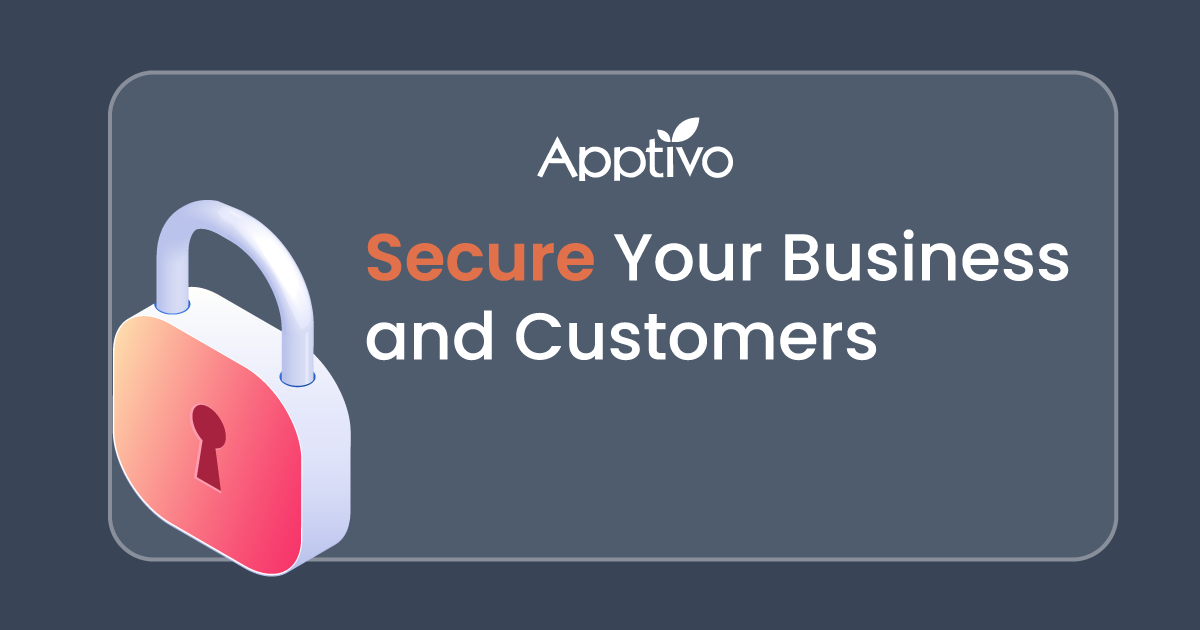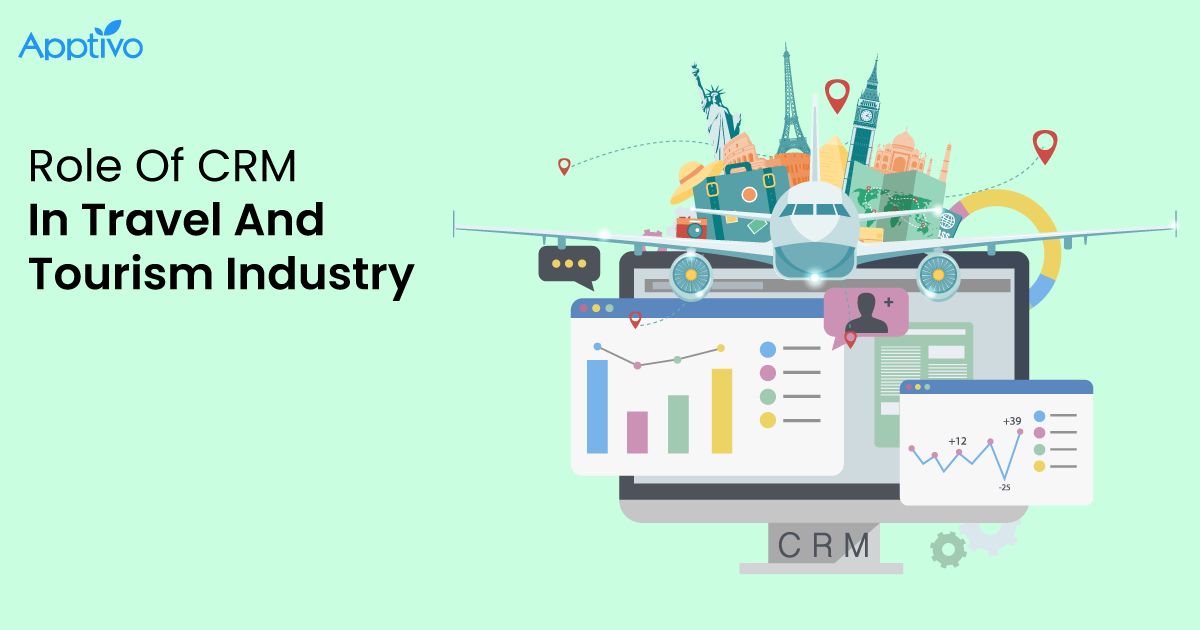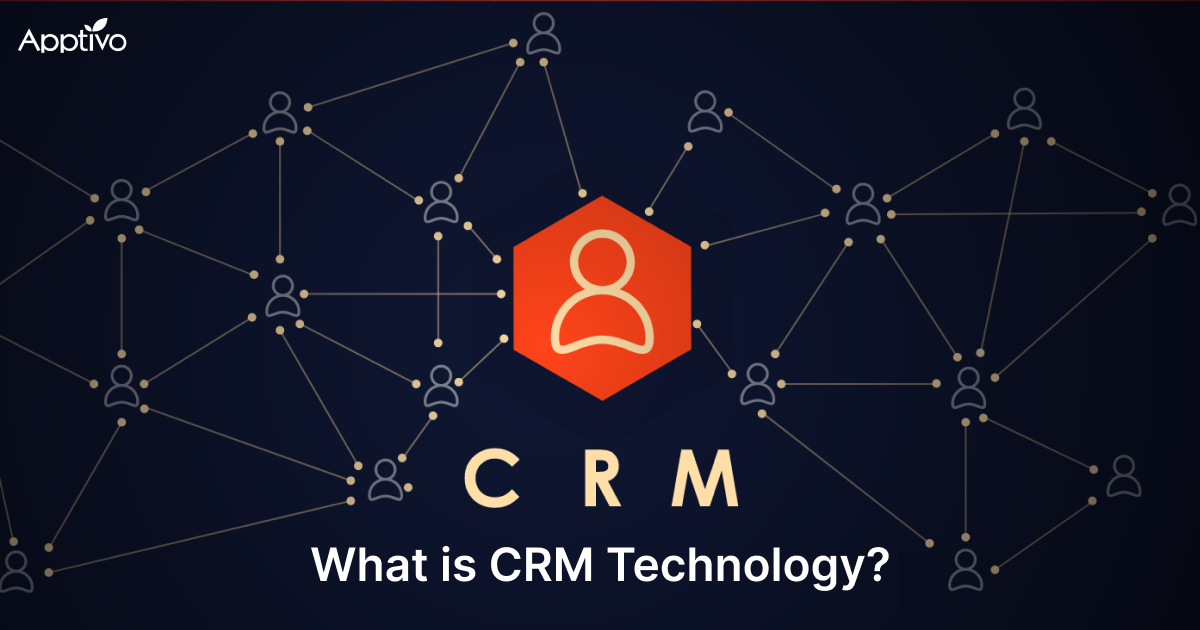 |
1. Five reasons why protecting your customer’s information is crucial
In the last several years there has been a rise in the overall digitization of working and living, which has led to a rise in cybersecurity issues as well. According to research, hackers make $1.5 trillion annually through online crime. In addition, statistics show that within 12 hours, 88% of experienced hackers can get access to a system and cause havoc.
A data breach or unauthorized access may be disastrous for a company. They may lower consumer confidence in your business, which can result in financial losses and legal action. Business owners and IT leaders must guarantee the security of all personally identifiable information (PII), including names, addresses, phone numbers, email addresses, and credit card numbers.
Business owners risk fines by not taking Customer data protection seriously. Among the many privacy laws, the General Data Protection Regulation (GDPR) and the California Consumer Privacy Act (CCPA) are the most well-known. However, both publicly held and privately held businesses must adhere to the data privacy regulations established by their respective states.
Five reasons why protecting your customers’ information is crucial
While government compliance requirements are reason enough to have security and data protection measures in place, there are also other reasons why your organization should take data protection seriously. Here are some key reasons to protect your customers’ personal data, as suggested by security experts.
Protecting clients’ personal information equates to gaining their confidence
Customers’ personal information should be safeguarded at all costs. That way, you can prove to your customers that you’re following the law, earning their confidence at the same time. Maintaining client loyalty, especially via openness, maximizes customer retention.
Research done by the Harvard Business Review shows that customers who have faith in a brand are 88% more likely to make a repeat purchase from that business. Also, such companies may enjoy a market value premium of up to 400% over their competitors.
When you emphasize client retention, you establish a loyal customer base and inspire brand advocates to endorse your goods and services.
Strong privacy policies may provide businesses with a competitive advantage
When customers realize that organizations managing their sensitive data take security measures, they feel relieved. By maintaining strong data security procedures, and proving your capacity to protect private information from cyber dangers, you successfully retain clients — and perhaps attract additional consumers as your excellent reputation follows you.
According to a poll conducted in 2020 by a data privacy firm, 93% of Americans would switch to a business that prioritizes privacy if given a chance.
Data privacy goes beyond a few pages in the terms and conditions agreements. They stand for a set of guidelines that may greatly affect a product’s name recognition. Here’s what some of these guidelines include:
Data protection policy — this is your company’s internal data protection policy. It tells employees how to acquire, utilize, disclose, and handle personal data. Data protection policies may address:
- your organization’s privacy governance structure and stakeholder roles and duties
- the data protection principles and your steps to comply with them
- data subject rights management, including how you receive and react to it
- your expectations on data retention, security, data breach prevention, and response, direct marketing, etc.
- how employees should report privacy issues to management
- the repercussions of violating the policy
Data retention policies — this implies you should only store personal information as long as required for the purpose of collection. Retention policies often include:
- each data type’s retention term justification
- choosing which personal data to back up and how long
- clear internal processes for erasure and destruction
- your company’s data, and how long it’s held
Considering your industry’s special features, you can create a more thorough policy structure.
Security breaches may happen to any business
Any company, no matter how big or small, is vulnerable to cyber-attacks. Criminals will continue to target your business as long as you collect, process, and store personal information about your consumers.
Uber is among the high-profile companies that have suffered cyber attacks recently. On December 12th, 2022, Uber said that a hacker using the alias “UberLeaks” had accessed the personal information of 70,000+ Uber workers and was uploading stolen company data online. The corporation believes that the system administration for mobile devices of an external vendor, Teqtivity (a technology asset management firm), was the source of the data leak.
Any organization operating in the contemporary era, regardless of its size, is facing significant cyber-threat risk. A complete cybersecurity strategy is required to ensure the safety of your data.
You’re risking lawsuits and penalties
Companies that violate the CCPA or any other Data Protection Acts are subject to legal action and/or financial penalties. Additionally, customers may sue businesses for endangering their personal information, which could cost the company millions. With respect to data breach penalties, fines, and settlements, Amazon is among the most heavily penalized businesses.
Luxembourg authorities announced a €636 million fine against the eCommerce giant Amazon in the summer of 2021 for GDPR violations. In their blog post, the cybersecurity company Tessian speculated that cookie consent was the cause for the penalties.
Every company is vulnerable to hundreds of daily cyberattacks. Two factors boost your company’s value: first, you need cybersecurity to stop such threats; second, you need a company’s internal response group for data breaches. They will start making preparations for countermeasures before the attack ever happens.
Cyberattacks may reoccur
Because the financial gain is often the driving motivation behind destructive cyber assaults, the hackers behind them may program the attacks to repeat at certain periods or at regular intervals. They design these assaults so that the hackers don’t have to be at their computers when the flaws are released. They will continually meddle with your data for their financial gain if they know you are unprepared.
Cybereason found that 80% of companies who paid ransom experienced another assault, and over half of them were attacked again by the same gang of hackers. Any cyberattack requires identifying system vulnerabilities used to gain access to the corporate environment so they can be mitigated. Due to hackers’ evasive tactics, this isn’t always easy. However, security professionals must identify all affected computers to remove any malware, disabling the gateway that would grant an attacker continuous access.
How can customer data protection be done?
Designate a data-management team
Access to sensitive consumer data requires hands-on training. This training should address data safety best practices to prevent internal data breaches or employee data exposure. Instruct the members of your team on the finest methods for handling data. Staff members need to be able to distinguish between crucial and non-critical data.
They need to understand your tagging system and how they can cooperate in the fight against cybercrime. To reduce the likelihood of careless errors, it is important to educate everyone on your team — even those that are not expected to have frequent data access.
Be cautious when sharing
Not everyone in your firm requires access to sensitive customer data. Malicious workers aren’t the only ones who may hurt your organization. Lax security standards or a weary staff might breach your security system.
Encrypt sensitive emails before sending. Scan for PII leaks before sending. Message encryption prevents unauthorized readers. Use SSL for online data exchange — this creates a digital tunnel that prevents other parties from accessing data.
Control data access
Limiting access to sensitive information will make your company less vulnerable. One of the simplest methods to prevent leaks is limiting data access for personnel and systems. Your workers usually don’t require the same amount of access to the technologies they use.
Do those working on your content need access to the same information as the product-marketing department? The fewer people who can access sensitive information, the safer your company will be.
Limit your data collection to what is absolutely necessary
The more information you collect — such as family income, geographical information, phone numbers, and names — the more their value increases. Your company’s appeal to potential hackers will increase in proportion to the quantity and quality of the data it collects.
Additionally, only the collection of critical information can improve customer trust. When you acquire data that consumers see as unnecessary, they may lose trust in your organization.
Establish fundamental security standards
Your data is only as safe as the methods you use to protect it. It’s possible for your data to be compromised if the SaaS service you’re using to manage part of it isn’t secure. Data security relies on the integrity of the tool itself — if it’s not foolproof, neither is your information.
One of the best ways to strengthen your security is by installing a password manager system. Complex passwords are usually too hard to remember. Encrypting and storing passwords simplifies password management. When someone has to log into a tool, they can use the password manager. These programs generate and save complicated passwords for all of your team’s applications.
To wrap up
Although it’s a helpful thing to have, client information is quite sensitive and may create issues for your consumers if it falls into the wrong hands. Customers entrust you with their most private information — from credit card numbers to Social Security numbers — and your job is to protect that data at all costs.
Data breaches and unauthorized access may damage your company. They may harm your company’s brand and consumer confidence, causing financial losses and litigation. Your IT staff and management must grasp your business’s legal responsibility to secure consumer data.
You need a data security policy for safeguarding this information, to preserve your clients’ confidence and your company’s reputation.
Latest Blogs

Role Of CRM In Travel And Tourism Industry
Travel and tourism have been a significant part of everyone’s life since the ancient period. When we skim through the pages of history, It should be noted that humans were initially nomads before they became settled in one place. They...
Read more →
WHAT IS CRM TECHNOLOGY?
Introduction CRM is a technology that helps manage the entire customer information and interactions in order to build and maintain superior customer relationships. The CRM solution replaces spreadsheets and other different applications, which makes it easy for the businesses to...
Read more →
Everything you need to know about the Annual Maintenance Contract!
1. What is an Annual Maintenance Contract? 2. Benefits of Maintenance Contracts 3. How can Apptivo CRM help you manage maintenance agreements and vendors? 4. Summary Think about getting the confidence that the machinery is well-maintained and performing optimally, without...
Read more →
